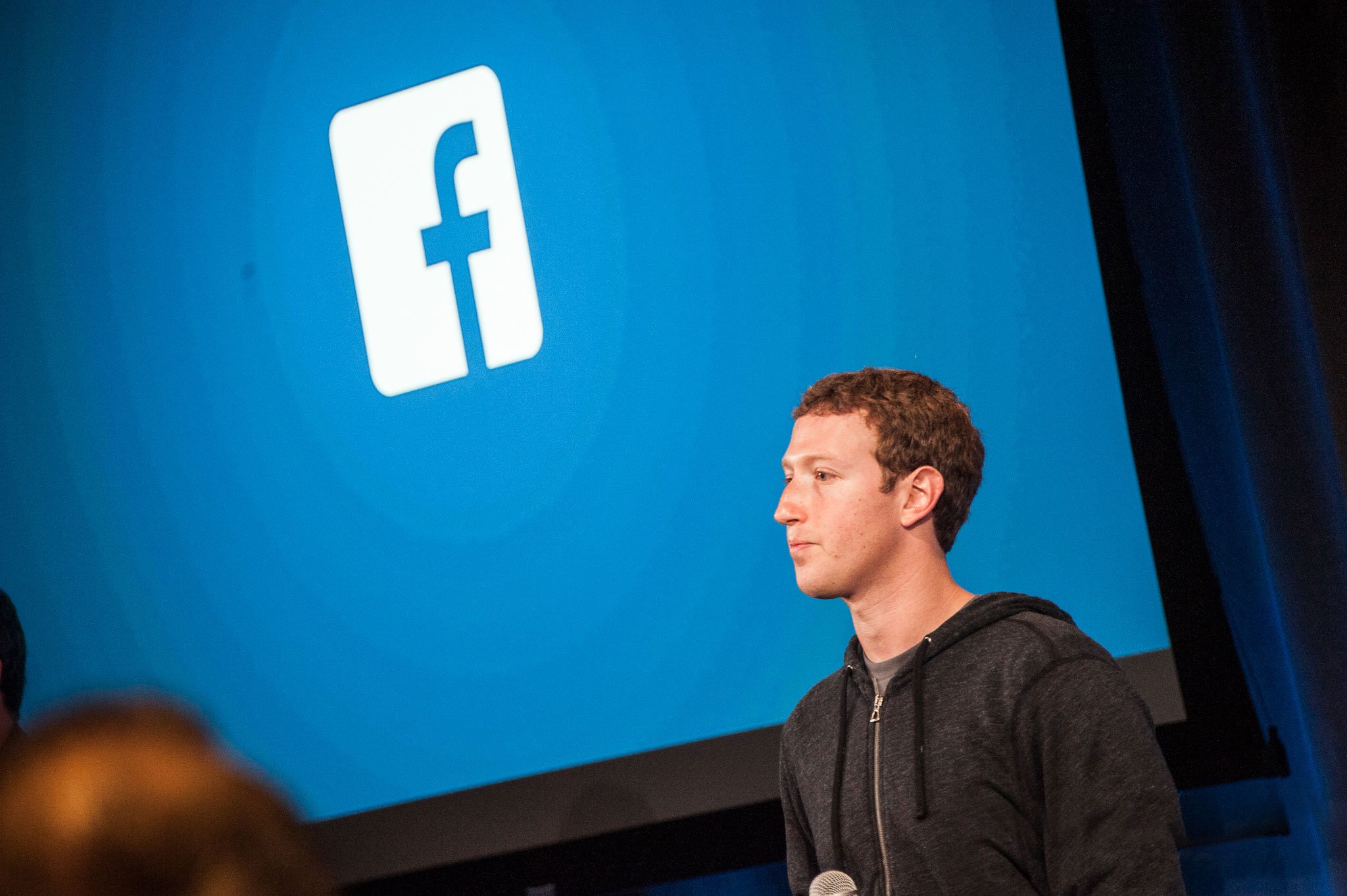
The FTC handled the case against Meta well.
what you need to know
- A judge has ruled that the FTC’s antitrust case against Meta can go ahead.
- FTC sues Meta for anticompetitive behavior, including buying and squeezing out competitors.
- The amended lawsuit was filed in October, and Meta filed a motion to dismiss.
Meta’s legal troubles continued as a judge allowed the Federal Trade Commission to sue it.
The FTC first filed the lawsuit in December 2020, and Tuesday’s ruling followed a lengthy process. The commission claims that Meta has a monopoly, which it maintains by acquiring competing companies or squeezing them out of the market.
The first attempt was dismissed by U.S. District Judge James E. Boasberg due to insufficient evidence, although the FTC had an opportunity to amend its complaint to provide more detail. The amendment was filed in October 2021, and Meta immediately filed a motion to have it dismissed, saying it was “working to rewrite antitrust law and subvert established expectations of merger review.”
However, the court has determined that the FTC has provided sufficient detail to advance its complaint. Judge Bosberg explained that the committee “claims there are sufficient facts to reasonably establish that Facebook exercises monopoly power in the marketplace for PSN services” and that the monopoly is protected by barriers to entry. It also provided enough detail about how Facebook’s acquisitions of WhatsApp and Instagram contributed to its market position.
That said, the court has decided not to let the FTC proceed with complaints about the Meta platform policy, noting that the policy was abandoned in 2018.
At the same time, Meta is understandably not thrilled with the ruling. In a statement, a Meta spokesperson told Android Central that the FTC will have difficulty justifying its view of the previously reviewed and approved acquisition:
Today’s decision narrows the scope of the FTC case by rejecting claims about our platform’s policies. It also acknowledged that the agency faces a “daunting task” to justify two acquisitions it approved years ago. We believe the evidence will reveal fundamental weaknesses in these claims.
Our investments in Instagram and WhatsApp turned them into what they are today. They are good for competition and for the individuals and businesses who choose to use our products.
Of course, convincing a court that Facebook should divest WhatsApp and Instagram will be a tall order. However, FTC Chair Lena Khan is unlikely to retreat without a fight.

Leave a Reply